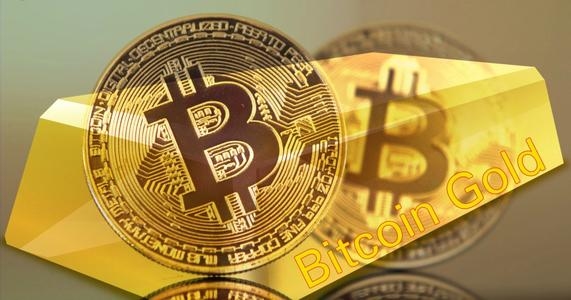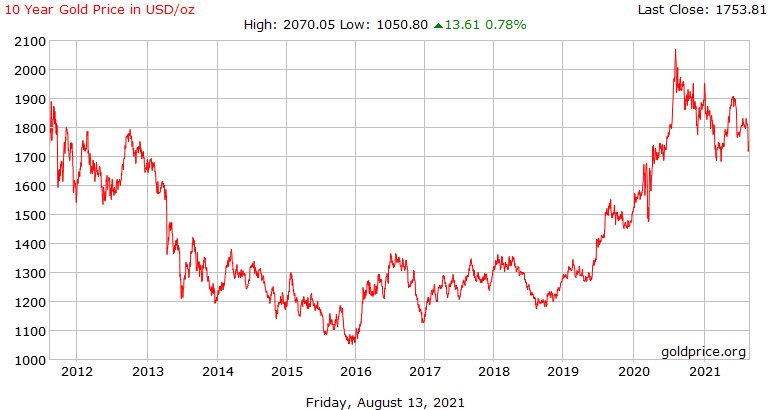There are people in the market who regard Bitcoin as a kind of "new gold" or "digital gold". However, after comparing the price changes of the two from 2011 to 2021, studies have pointed out that the correlation between these two assets is almost zero: the price of gold has no long-term trend, while Bitcoin shows a clear upward trend.
First, let's understand why people always like to compare Bitcoin and gold. Simply put, there are many similarities between the two.
On the supply side, the mining of Bitcoin and the mining of gold is decentralized, and ownership is also decentralized; unlike traditional currencies, their supply cannot be created by law or monetary policy. In terms of demand, Bitcoin and gold also have similarities. Both of these assets are seen as a means to hedge against inflation and preserve value.

However, these two assets are also very different.
On the one hand, gold is a physical asset, but Bitcoin is not; on the other hand, gold has a long history and Bitcoin is a new thing; most importantly, gold cannot be copied, as long as a similar cryptocurrency with a different name is issued, All the characteristics of Bitcoin can be copied.
However, HSBC said that many studies have analyzed the relationship between Bitcoin and gold and pointed out that the correlation between these two assets is almost zero.
A recent article entitled "Bitcoin Gold Correlation Puzzle 1 (July 2021)" studied the evolution of gold and Bitcoin during the period 2011-2021.
During this period, the price of gold fluctuated between US$1,100/ounce and US$2,000/ounce. Although it has been rising most of the time, no long-term trend has been found.

During this period, the price of Bitcoin rose from less than $100 to more than $50,000, and showed a clear (albeit volatile) upward trend.
There are two possible explanations for the price movements of Bitcoin and gold.
The first reason is that the similarity between Bitcoin and gold is only a superficial statement, and investors do not really accept it. The second reason is that there are other factors that effectively inhibit the true correlation, such as the "substitution effect" or the "catch-up effect".
The so-called "substitution effect", in other words, investors sell gold to buy bitcoin, and vice versa. The "catch-up effect" is when investors buy Bitcoin to catch up with market weight and gold positions.
In fact, in addition to the above studies, there are other studies that believe that the correlation between Bitcoin and gold is relatively weak, and Bitcoin should not be used as an alternative investment to gold.
An article in 2019 “Is Bitcoin a better safe-haven investment for coins, gold and commodities?” pointed out that although the media and some commentary articles like to compare the advantages and attributes of Bitcoin and gold, there is no empirical evidence. Prove this comparison.
The author of this article found that in times of stress, the value of gold as an investment asset cannot be ignored. A lot of evidence shows that gold has the ability to hedge stocks, which is mostly not the case with Bitcoin.
As far as global stock market indexes are concerned, Bitcoin, gold and commodities have similar hedging properties. But when the market is more segmented, the situation is different.
For the developed market stock market, gold is an effective safe-haven asset.
For emerging markets, gold and commodities are safe-haven assets.
The author gives some reasons for the difference in hedging ability. For example, financial institutions are more cautious about Bitcoin. But the key reason seems to be that most participants in the Bitcoin market are relatively young and inexperienced individual investors.
In addition, the article also warns investors not to use Bitcoin as an alternative investment in gold and commodities. In terms of history, price stability, and availability, Bitcoin still has a long way to go.





